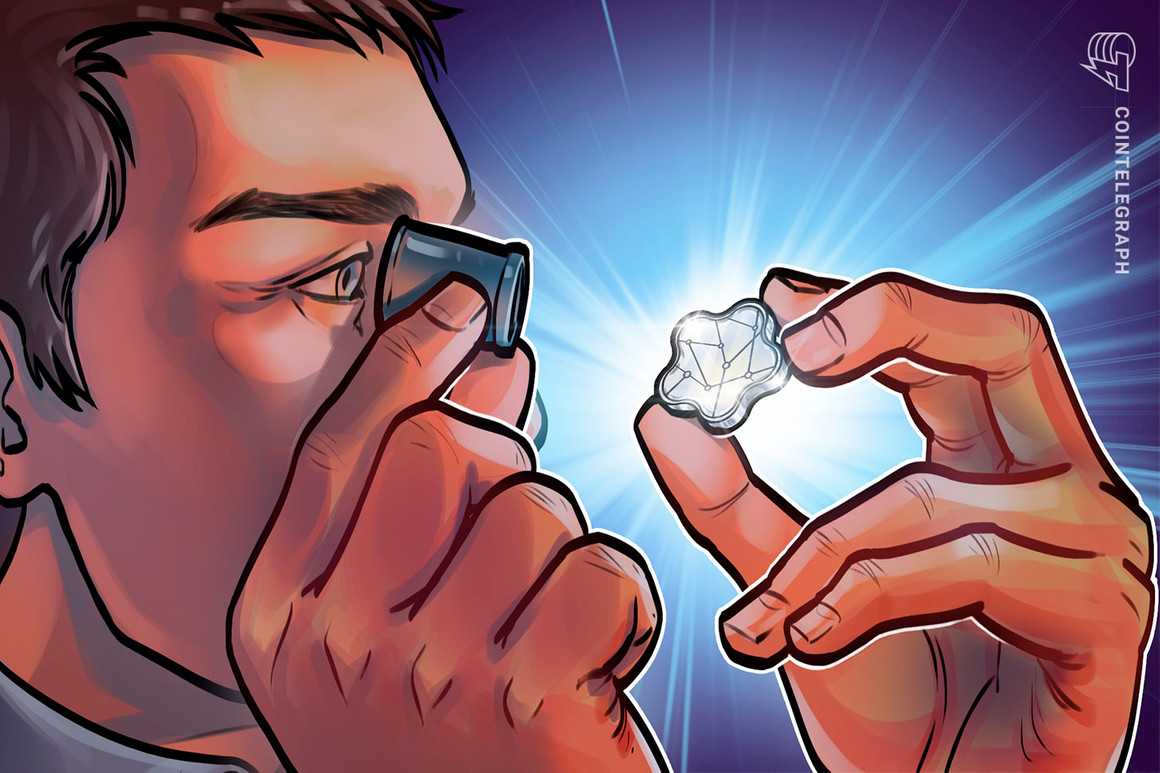The OpenRarity project was a collaborative project between various NFT community entities, including Curio, icy.tools, OpenSea and Proof.
With thousands of nonfungible tokens (NFTs) getting minted every single day, trying to find rare pieces can be a challenge for NFT collectors. However, as the industry continues to progress, the hassles in finding rare NFTs may soon become a thing of the past.
In a tweet, NFT marketplace OpenSea announced the implementation of OpenRarity, a protocol that provides verifiable rarity calculations for NFTs within its platform. The protocol uses a transparent mathematical approach to calculating rarity.
OpenSea said that rare NFTs will be awarded lower numbers like 1 or 2, while NFTs that have attributes similar to many other NFTs will have higher numbers. With this, the marketplace highlighted that buyers would be able to view a reliable “rarity ranking” when considering purchasing NFTs.
The feature will not be automatically applied to all NFT collections. According to the NFT marketplace, creators will still have control if they want to choose to apply the OpenRarity feature to their collections or not.
The OpenRarity project was a collaborative effort between various NFT community entities, including Curio, icy.tools, OpenSea and Proof. The goal is to standardize the rarity methodology and provide consistent rarity rankings across all NFT platforms.
Related: Nonfungible tokens: How to get started using NFTs
The NFT marketplace also recently launched an initiative that lets creators make their own NFT drop pages that they can customize with images, videos and highlights. With this, creators can share information about the NFT drop, like the minting schedule and a gallery. Apart from these, creators can also add a countdown clock and allow collectors to receive email alerts to remind them of the mint.
Meanwhile, a report published by blockchain analytics firm Chainalysis highlighted that NFTs are the largest driver in crypto adoption in the Central, Southern Asia and Oceania (CSAO) region. According to the report, 58% of web traffic to crypto services is NFT-related.
Author
Administraroot


